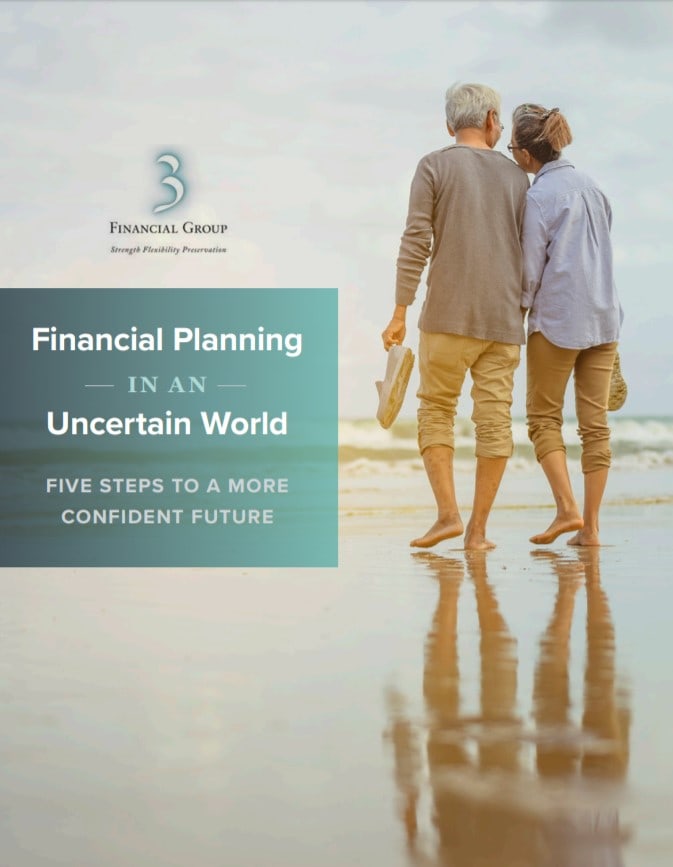The Fallacy of Annual Forecasting: Why Predicting Stock Market Returns Is a Gamble, Not a Strategy
Every year, as the calendar flips to January, financial headlines are flooded with predictions. Analysts, pundits, and media outlets confidently declare what the stock market will do in the next 12 months. “The S&P 500 will rise 10%!” or “Expect a market correction of 15%!” Such forecasts may capture attention, but they are inherently flawed—and relying on them can be detrimental to your financial health.
Let’s explore why annual forecasting of stock market returns is more fallacy than fact and why adopting a long-term perspective is essential for successful investing.
The Impossibility of Accurate Short-Term Forecasting
The stock market is influenced by a complex web of factors: economic data, corporate earnings, geopolitical events, interest rates, and even investor sentiment. These variables interact in unpredictable ways. Trying to predict what will happen over a single year is akin to predicting the weather in a specific city six months from now. You might get lucky once, but luck is not a repeatable strategy.
Research shows that even the most seasoned experts struggle to accurately forecast market returns consistently. For instance, a study by CXO Advisory Group found that market predictions by professional forecasters were accurate only about 47% of the time—no better than a coin flip.[1]
Why Humans Love Forecasts
Despite the inherent unpredictability of the stock market, humans are drawn to forecasts. Why? The answer lies in psychology. As humans, we crave certainty in an uncertain world. Forecasts offer the illusion of control—a way to make sense of complexity and chaos. Even when predictions are frequently wrong, they provide comfort by simplifying an overwhelming array of variables into a single, digestible narrative.
Additionally, our brains are wired to look for patterns. We want to believe that past performance or recent trends can reliably predict the future. This cognitive bias often leads us to overestimate the accuracy of forecasts and underestimate the randomness of short-term market movements.
Finally, forecasts tap into our desire for stories. A compelling narrative about what the market might do satisfies our need for understanding and makes us feel more informed, even if the underlying prediction lacks substance. Unfortunately, this storytelling aspect can lead us astray when it comes to making sound financial decisions.
Forecasting vs. Investing
Short-term forecasting turns investing into gambling. It encourages behaviors like market timing—jumping in and out of the market based on predictions. This approach is risky and often counterproductive. Studies have repeatedly shown that market timing underperforms a simple buy-and-hold strategy over the long term.
Consider this: If you had invested $10,000 in the S&P 500 in 1988 and left it untouched until 2023, your investment would be worth over $400,000. However, missing just the 10 best days in the market during that period would cut your return more than half! [2] Short-term gambles often result in missing those crucial days, which are impossible to predict in advance.
The Importance of a Long-Term Perspective
Investing is not about predicting what will happen next year; it’s about aligning your portfolio with your long-term goals and sticking to a disciplined strategy. The stock market has historically trended upward over time, but it does so with plenty of short-term volatility along the way. Successful investors accept this volatility as the price of admission for long-term growth.
Here are three key principles to keep in mind:
- Focus on Your Goals: Your investment strategy should be driven by your unique goals and time horizon, not by short-term market noise.
- Diversify: A well-diversified portfolio can help mitigate risk and reduce the impact of unpredictable market swings.
- Stay the Course: During periods of market turbulence, remind yourself why you invested in the first place. Reacting emotionally to short-term movements can derail your long-term plan.
Why Patience Pays Off
The beauty of investing lies in compounding—the snowball effect of earning returns on your returns. Compounding takes time, which is why a long-term perspective is so critical. Chasing annual forecasts not only disrupts the compounding process but also adds unnecessary stress to your financial journey.
Conclusion
The next time you see a flashy headline proclaiming where the market is headed next year, take it with a grain of salt. Predicting short-term stock market returns is not investing; it’s gambling. True investing is about creating a thoughtful, long-term strategy based on your goals, risk tolerance, and time horizon.
By tuning out the noise and focusing on the big picture, you can build a portfolio designed to weather market volatility and grow over time. In the end, patience and discipline will serve you far better than any prediction ever could.
[1] https://www.cxoadvisory.com/gurus/
[2] https://www.fidelity.com/learning-center/wealth-management-insights/3-reasons-to-stay-invested
COD00000675/Jan2025


